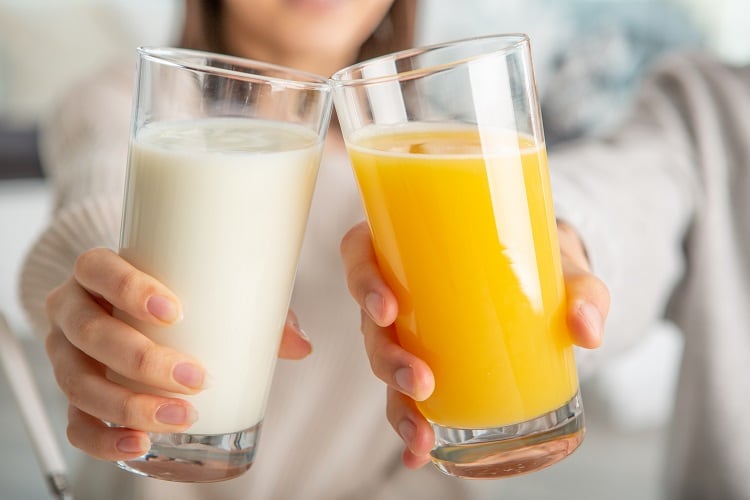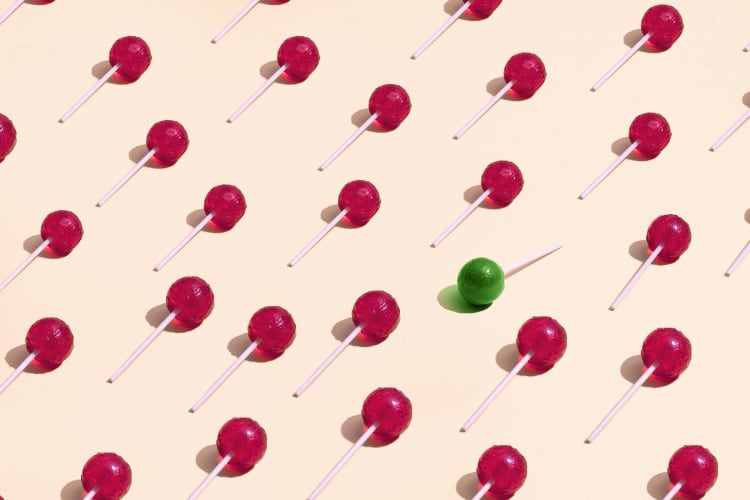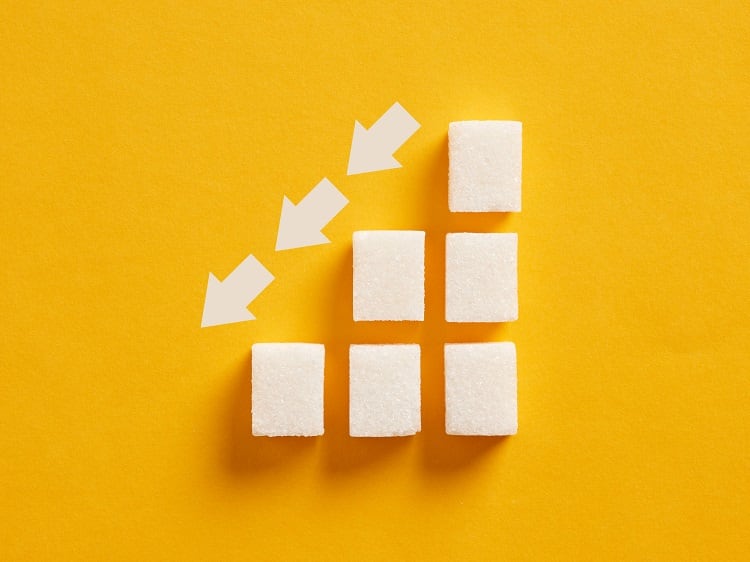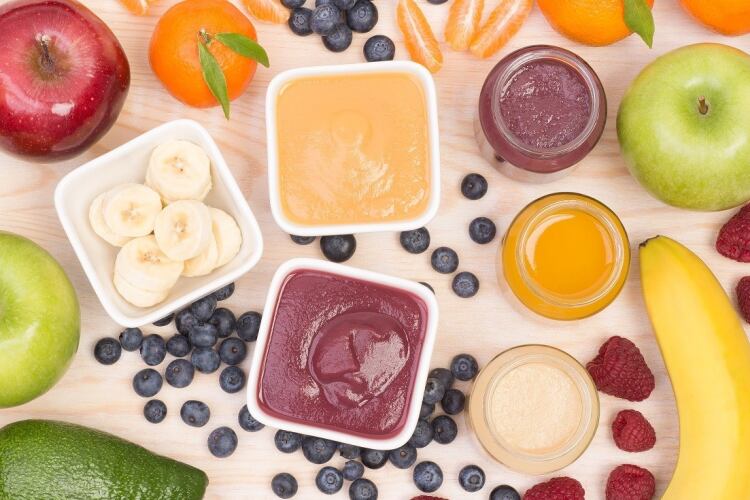Sugar reduction is an ever-growing trend, particularly in beverages – a category increasingly implicated in sugar tax policies. At the same time, nutrition labelling schemes are warning consumers of elevated levels of sugar, prompting a flurry of product reformulation.
“Everyone is trying the lower the amount of sugars in their products, especially in drinks – because you know, people don’t drink water all the time,” explained Michael Gordon, co-CEO of BlueTree Technologies, an Israeli start-up developing sugar reduction technology for ‘natural’ beverages.
“We define ‘natural’ as juice coming out of an orange. The same goes for apples and grapes,” Gordon told FoodNavigator. The other ‘natural’ beverage category targeted by BlueTree is animal-sourced: milk and milk-based products.
BlueTree claims to have found a way to help juice and dairy producers meet region-specific sugar limits while ensuring the product is ‘still just as tasty’. How does it manage this? By simply removing the sugar, explained the co-CEO.
Eliminating disaccharides from juice and milk
BlueTree was founded in 2020 by Didier Toubia (co-founder and CEO of cultivated meat start-up Aleph Farms) and Yuval Klein.
Its technology is founded on simple, physical technology, we were told. Unlike most sugar reduction solutions on the market, BlueTree doesn’t add anything to the formulation. It is focused on sugar removal, only.
“We just jump inside the juice or milk, take out the sugar, then get out,” explained Gordon. “It’s a very simple technology and a very interesting one.”
BlueTree’s sugar reduction is achieved in two ways: via filtration and adsorption. But the company doesn’t filter out all parts of the sugar molecule. In orange juice, for example, around half of the sugar comes from the disaccharide sucrose, and the other half from monosaccharides such fructose. BlueTree’s main focus is on removing disaccharides.
In leaving the monosaccharides in, the sweetness, aroma, and mouthfeel associated with sugar is maintained.
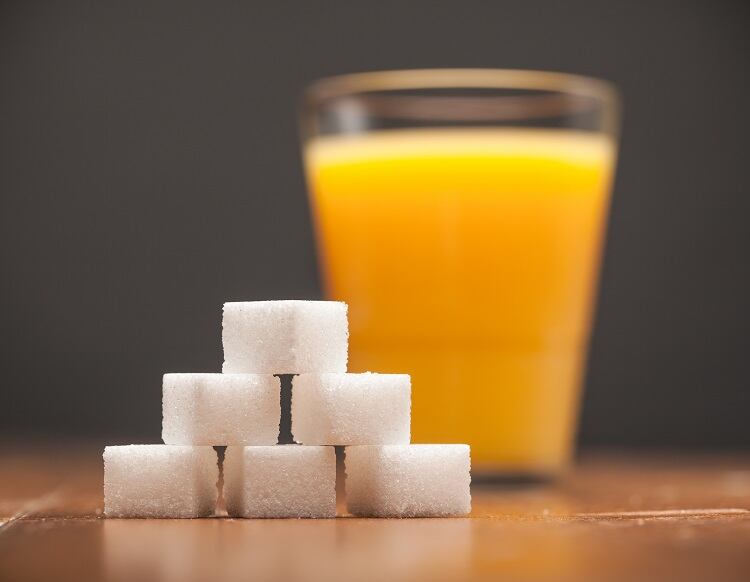
In dairy applications, BlueTree’s technology can reduce the amount of the disaccharide lactose (the dominant sugar in milk), while maintaining fat levels. “We have achieved very good results in our labs with almost 75% sugar reduction in milk. We are positive that as we continue our research and development, we will reach a 100% reduction in lactose.”
Cutting sugar: how low can you go?
Reducing disaccharides in ‘natural’ beverages can have an impact on taste, depending on how much is removed. But as a general rule, BlueTree will reduce as much or as little sugar as requested by its customers.
“If a customer requests a 10% reduction, we’ll do it. We can do 20% and we can even achieve a 50% reduction. It depends on the [policy] and consumer trends of each territory.”
The challenge for BlueTree is in ensuring the product is ‘still tasty’. And that is directly correlated to the amount of sugar removed: a 15% reduction in sugar, for example, is not a concern for consumers.
At a 30-40% reduction, consumers will start to notice. And at a 50% reduction, the juice product would be sour in taste, we were told. But it’s something that could be requested by a manufacturer catering for specific demographics – such as ageing populations.
“We usually stop at a 30% reduction,” revealed Gordon, suggesting that a 20-30% reduction in ‘most’ countries and territories will be enough for companies to avoid sugar-related taxation.
Collaborating with manufacturers and bottlers
BlueTree wants to implement its solution into every manufacturing plant in the world via partnerships with relevant companies. Its technology ‘doesn’t take up a lot of space’ and could be installed in either producing or importing countries, the co-CEO explained.
In orange juice, for example, the start-up can work with non-from-concentrate producers in growing countries such as Brazil, the US, China, South Africa, Morocco and Spain. For the most part, not-from-concentrate orange juice is squeezed in Brazil and transported in barrels to bottling companies around the globe. BlueTree can install its technology in either setup.
In dairy, BlueTree is aiming to partner with producers in every country. However, applying BlueTree’s technology to the dairy sector may come with additional challenges, suggested Gordon.
“People have been trying to reduce sugar in dairy for years. Yet agencies all over the world are very sensitive when it comes to dairy products, since it’s highly consumed.”
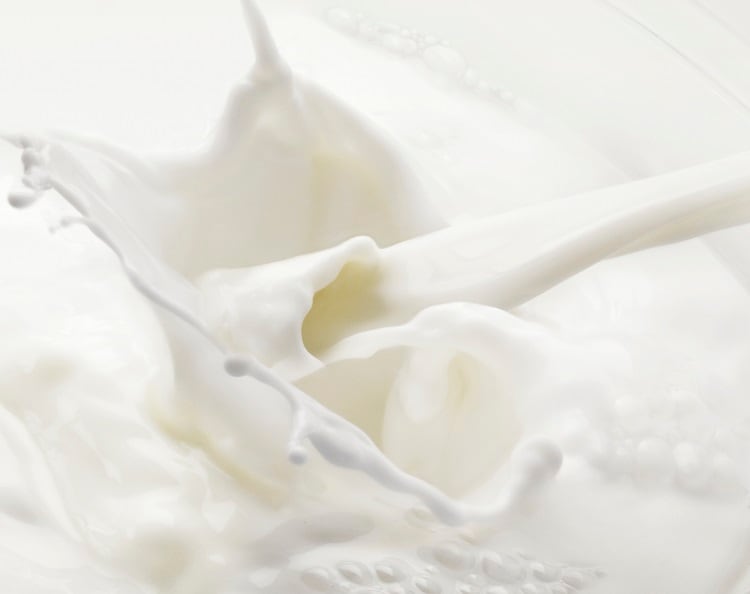
Other challenges that BlueTree’s customers may face include convincing consumers to reduce the amount of sugar in the diets, because a large proportion are unaware how sugar-rich juice can be. A glass of orange juice contains nearly the same amount of sugar as a can of Coke, for example.
Gordon suggested manufacturers adopt a gradual sugar reduction strategy, so that consumers can adapt to potential changes in sweetness. “If 10% sugar is removed from a product, you will drink it for a week and forget the original [taste profile]. If after that, it is reduced by an additional 10%, you won’t notice the change.
“We need health ministries all over the world to work together, in order to provide manufacturers the ability to gradually educate consumers, so they don’t notice the change that was made.”
Expansion plans
BlueTree, a recent graduate of the Fresh-Start food incubator programme, is located in northern Israel. However, it aspires to expand into ‘every region of the world’.
“We want that every person in the world will have reduced sugar in their orange juice. Our aim is that everyone will pick up a bottle on the shelf and see our BlueTree logo, so they know that sugar was reduced in that product.”
The company has signed two memorandum of understanding (MoU) agreements to date, including one with Israel’s third-largest juice producer, Priniv, to produce a 10-30% reduced sugar orange juice product for the Israeli market. “Israeli consumers will be the first to enjoy [our solution] from the start of next year,” Gordon told this publication.
The other MoU was signed between BlueTree and Prodalim Group for the distribution of 100m litres of juice globally.
According to the co-CEO, industry should expect more commercial agreements to follow: “This is only the start for us.”


